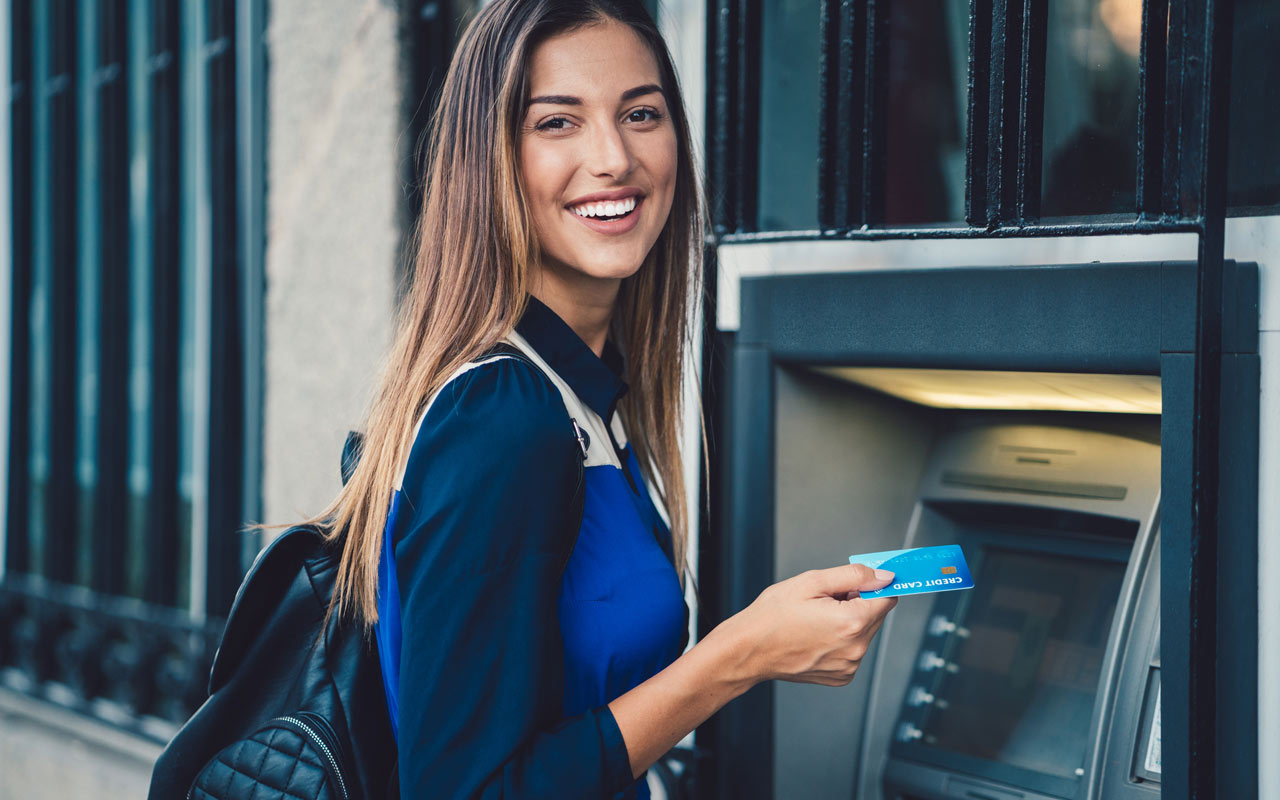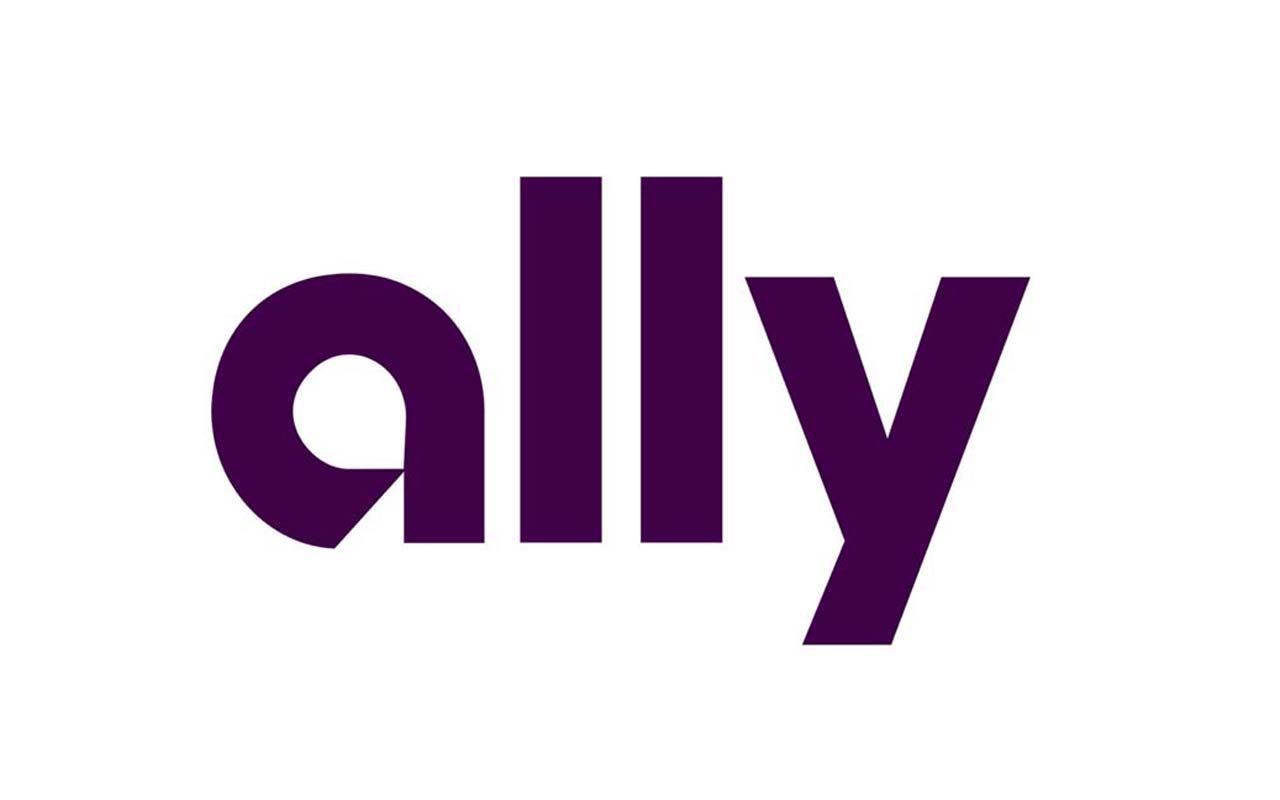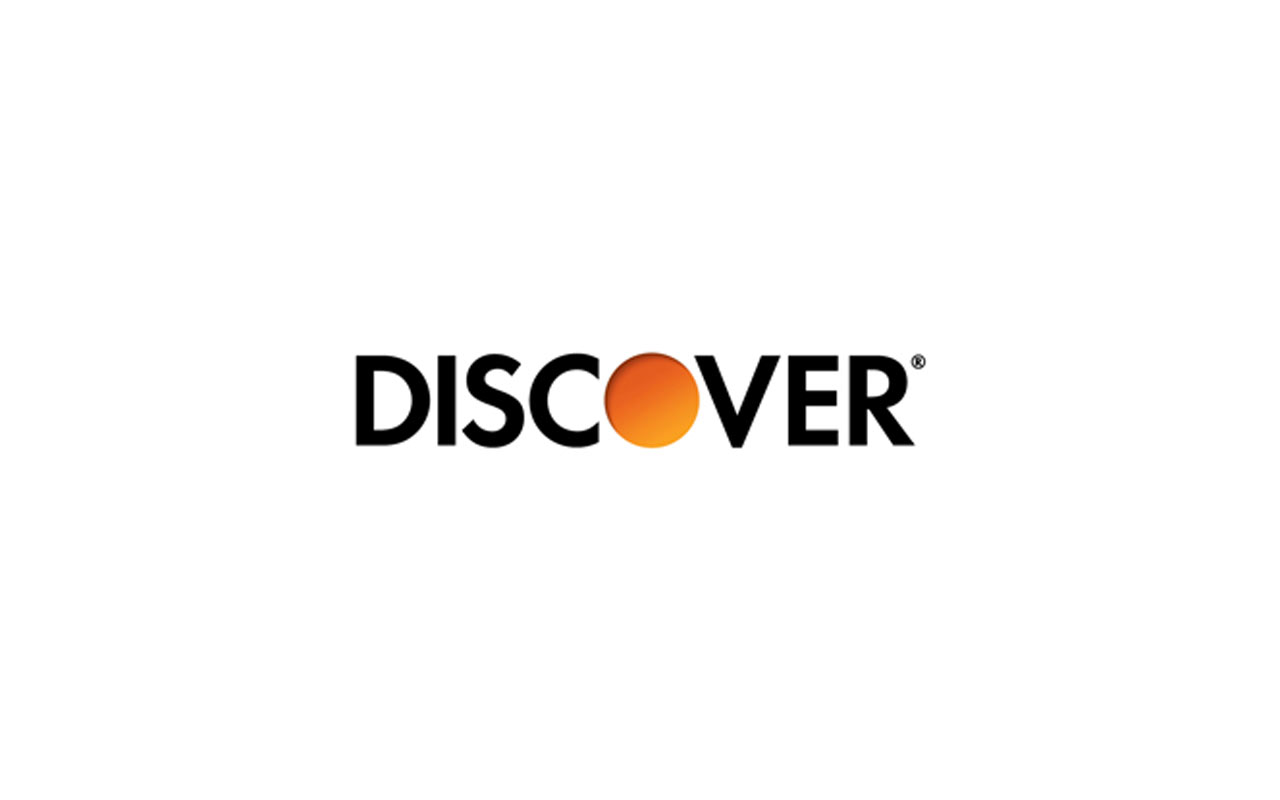Best Banks for Millennials, 2018
These are some of the top financial institutions for millennials in 2018.


Profit and prosper with the best of Kiplinger's advice on investing, taxes, retirement, personal finance and much more. Delivered daily. Enter your email in the box and click Sign Me Up.
You are now subscribed
Your newsletter sign-up was successful
Want to add more newsletters?

Delivered daily
Kiplinger Today
Profit and prosper with the best of Kiplinger's advice on investing, taxes, retirement, personal finance and much more delivered daily. Smart money moves start here.

Sent five days a week
Kiplinger A Step Ahead
Get practical help to make better financial decisions in your everyday life, from spending to savings on top deals.

Delivered daily
Kiplinger Closing Bell
Get today's biggest financial and investing headlines delivered to your inbox every day the U.S. stock market is open.

Sent twice a week
Kiplinger Adviser Intel
Financial pros across the country share best practices and fresh tactics to preserve and grow your wealth.

Delivered weekly
Kiplinger Tax Tips
Trim your federal and state tax bills with practical tax-planning and tax-cutting strategies.

Sent twice a week
Kiplinger Retirement Tips
Your twice-a-week guide to planning and enjoying a financially secure and richly rewarding retirement

Sent bimonthly.
Kiplinger Adviser Angle
Insights for advisers, wealth managers and other financial professionals.

Sent twice a week
Kiplinger Investing Weekly
Your twice-a-week roundup of promising stocks, funds, companies and industries you should consider, ones you should avoid, and why.

Sent weekly for six weeks
Kiplinger Invest for Retirement
Your step-by-step six-part series on how to invest for retirement, from devising a successful strategy to exactly which investments to choose.
Virtual banks with low fees and high rewards will suit budget-conscious millennials who are comfortable banking without access to a branch.
Our picks make it easy (and cheap) to maintain accounts and handle cash flow remotely. Plus, customers earn respectable rates on balances of any size.
Here's a look at our top bank picks for millennials.
All rates as of June 22, 2018.

BEST: Ally Bank
Ally Bank offers one checking, one savings and one money market account. There are no minimum deposit requirements to open an account and no maintenance fees, and you can earn decent rates even on low balances--recently 1.65% on savings and 0.9% on balances of up to $25,000 in the money market account (and 1% thereafter). The checking account yields 0.1% for balances below $15,000 and 0.6% for sums above that.
For on-the-go banking, you can deposit checks remotely via Ally's mobile app or website (by uploading or scanning a photo), send money to family and friends at no cost with Zelle, and link your debit card to any of the five digital wallets that Ally supports (including Apple Pay and Google Pay).
You can minimize the damage of overdrawing your account by linking your checking to a savings or money market account free. Otherwise, Ally may penalize you with a $25 overdraft fee (no more than once per day).
You can reach Ally's customer service reps at all hours by phone, online chat and, with more limited hours, social media.

RUNNER-UP: Discover Bank
Like Ally, Discover Bank offers a single checking, savings and money market account. Checking and savings are fee-free, but the money market account requires $2,500 to open--and an average daily balance of at least that amount to sidestep a $10 monthly fee. Instead of interest on checking balances, you will earn 1% cash back on debit-card purchases of up to $3,000 per statement cycle, up to a maximum of $360 in cash back each year. (You can pool the cash back you receive with money earned through a Discover credit card, or get an account credit.) The savings account yields 1.65% on all balances, giving it an edge over the money market account's 1.5% on balances under $100,000.
Discover doesn't charge a fee to withdraw cash from any ATM in the world. To avoid charges from the ATM operator, stick with machines in the Allpoint and MoneyPass networks. You can deposit checks remotely with the app. To avoid overdrafts for certain transactions, such as online bill payments, you can link a savings or money market account to your checking account; other transactions will be denied and incur an insufficient funds fee of $30 up to once per day. But Discover's First Fee Forgiveness program waives the first eligible fee (such as insufficient funds or stop payment) once per calendar year for each account. You can reach live customer service either by phone or on social media around the clock.

The Best Banks and Credit Unions for You, 2018
These stellar banks and credit unions are making all the right moves to win satisfied customers:
Profit and prosper with the best of Kiplinger's advice on investing, taxes, retirement, personal finance and much more. Delivered daily. Enter your email in the box and click Sign Me Up.

-
 Nasdaq Leads a Rocky Risk-On Rally: Stock Market Today
Nasdaq Leads a Rocky Risk-On Rally: Stock Market TodayAnother worrying bout of late-session weakness couldn't take down the main equity indexes on Wednesday.
-
 Quiz: Do You Know How to Avoid the "Medigap Trap?"
Quiz: Do You Know How to Avoid the "Medigap Trap?"Quiz Test your basic knowledge of the "Medigap Trap" in our quick quiz.
-
 5 Top Tax-Efficient Mutual Funds for Smarter Investing
5 Top Tax-Efficient Mutual Funds for Smarter InvestingMutual funds are many things, but "tax-friendly" usually isn't one of them. These are the exceptions.
-
 What to Do With Your Tax Refund: 6 Ways to Bring Growth
What to Do With Your Tax Refund: 6 Ways to Bring GrowthUse your 2024 tax refund to boost short-term or long-term financial goals by putting it in one of these six places.
-
 What Does Medicare Not Cover? Eight Things You Should Know
What Does Medicare Not Cover? Eight Things You Should KnowMedicare Part A and Part B leave gaps in your healthcare coverage. But Medicare Advantage has problems, too.
-
 15 Reasons You'll Regret an RV in Retirement
15 Reasons You'll Regret an RV in RetirementMaking Your Money Last Here's why you might regret an RV in retirement. RV-savvy retirees talk about the downsides of spending retirement in a motorhome, travel trailer, fifth wheel, or other recreational vehicle.
-
 The Six Best Places to Retire in New England
The Six Best Places to Retire in New Englandplaces to live Thinking about a move to New England for retirement? Here are the best places to land for quality of life, affordability and other criteria.
-
 The 10 Cheapest Countries to Visit
The 10 Cheapest Countries to VisitWe find the 10 cheapest countries to visit around the world. Forget inflation and set your sights on your next vacation.
-
 15 Ways to Prepare Your Home for Winter
15 Ways to Prepare Your Home for Winterhome There are many ways to prepare your home for winter, which will help keep you safe and warm and save on housing and utility costs.
-
 Six Steps to Get Lower Car Insurance Rates
Six Steps to Get Lower Car Insurance Ratesinsurance Shopping around for auto insurance may not be your idea of fun, but comparing prices for a new policy every few years — or even more often — can pay off big.
-
 How to Increase Credit Scores — Fast
How to Increase Credit Scores — FastHow to increase credit scores quickly, starting with paying down your credit card debt.
